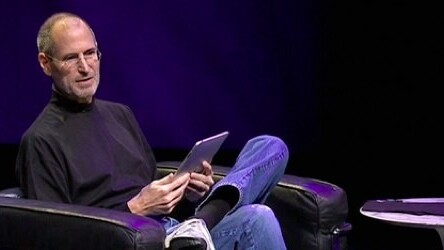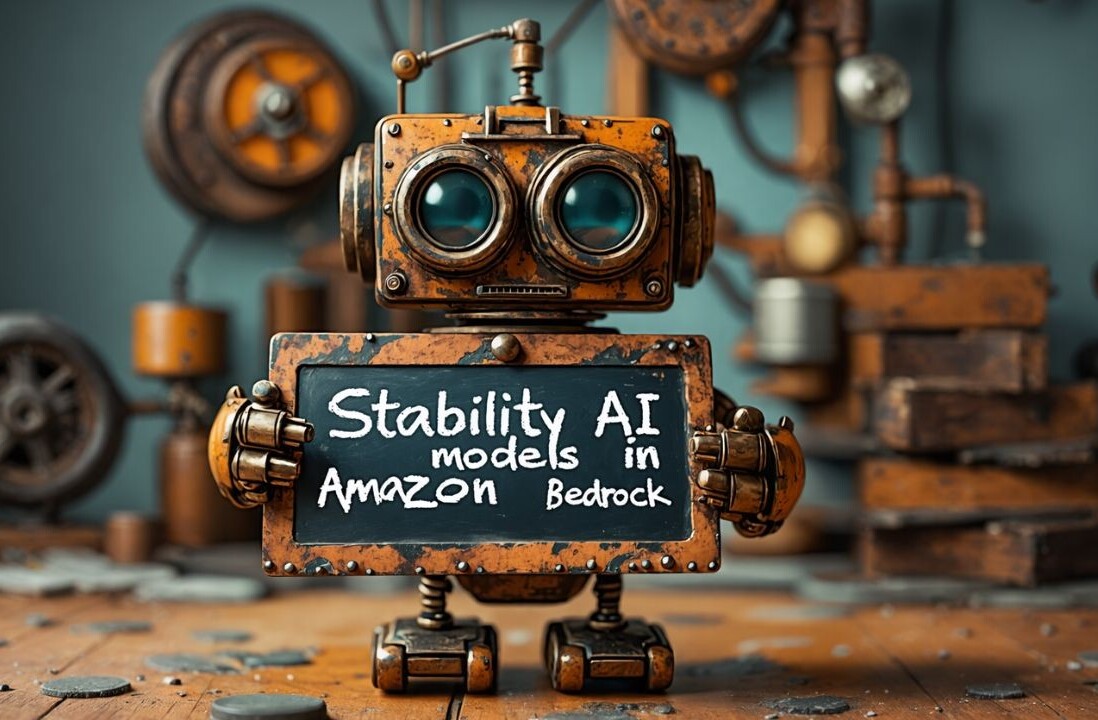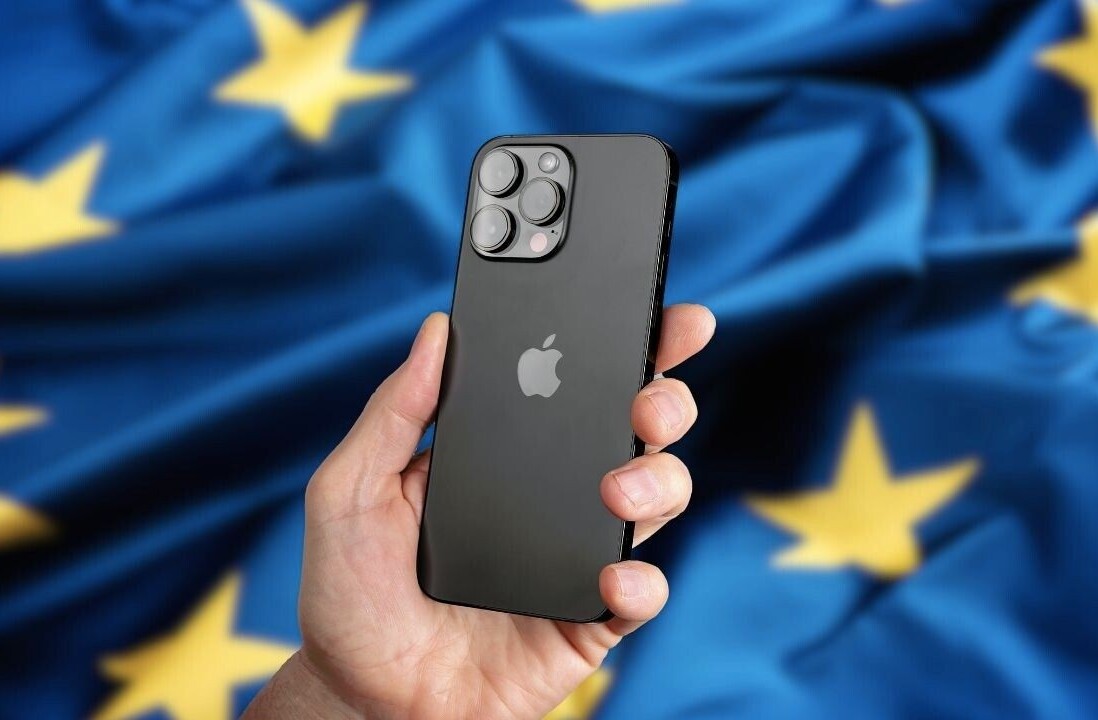
At the launch of the iPad in 2010, Walt Mossberg asked Steve Jobs a question that sparked a ton of debate about Apple’s ebook pricing that has gone mostly unexplained, until now. The question was: why would people pay more for ebooks from Apple’s iBooks store than they did from Amazon?
Jobs’ answer was simple, “That won’t be the case. The price will be the same.”
And when the iBookstore launched, sure enough, the prices were pretty much the same as they were from Amazon’s Kindle store.
So why was this a big deal? Because Apple had made a far different deal with book sellers than it had with music labels while it was launching its iTunes music store.
Contrary to the way that the music pricing was handled, with almost all songs priced at a flat .99 cents, ebook publishers were allowed to price their products however they liked and Apple would simply take its standard 30% cut off the top. This was essentially a variant of the agency model that publishers had been using for ages.
In order for book publishers to make the same amount on books in the iBooks store, it seemed evident that they would have to charge more for the books sold there. But they didn’t. How did this happen?
The answer is revealed in the recent biography of Jobs by Walter Isaacson. Buried in a section about the launch of the iPad is a juicy tidbit about how Jobs made an end run around Amazon to the publishers and basically forced Amazon to adopt a new policy in ebook pricing.
Jobs thought that Amazon had “screwed up” in that it was paying wholesale price for some books from publishers but selling them below cost. The publishers hated this and had started to hold some books back from the ebook model because of it.
Jobs solution was ruthless and brilliant. He told the publishers that Apple would “go to the agency model, where you set the price, and we get our 30%, and yes, the customer pays a little more, but that’s what you want anyway.”
This made the publishers happy, but it didn’t solve the problem of Amazon undercutting the iBooks store on price.
To solve this, Jobs negotiated an agreement from the publishers to allow Apple to sell the books at a lower price if any other vendor began selling them in ebook form cheaper than Apple was.
This effectively turned the publishers into Apple’s crow bar, gaining them leverage against Amazon. As Jobs explains it, “they went to Amazon and said, “You’re going to sign an agency contract or we’re not going to give you the books.”
In typical Jobsian fashion, he had effectively used the publishers to force Amazon to match Apple’s pricing, not the other way around, once again accomplishing something that many others had failed to do.
Jobs admitted that Apple wasn’t the first to the ebook game, so it didn’t have the ability to set the standard on pricing. Nevertheless, he pulled a rabbit out of his had and, in the process, strongarmed Amazon, the 800lb gorilla of the ebook industry.
Get the TNW newsletter
Get the most important tech news in your inbox each week.





